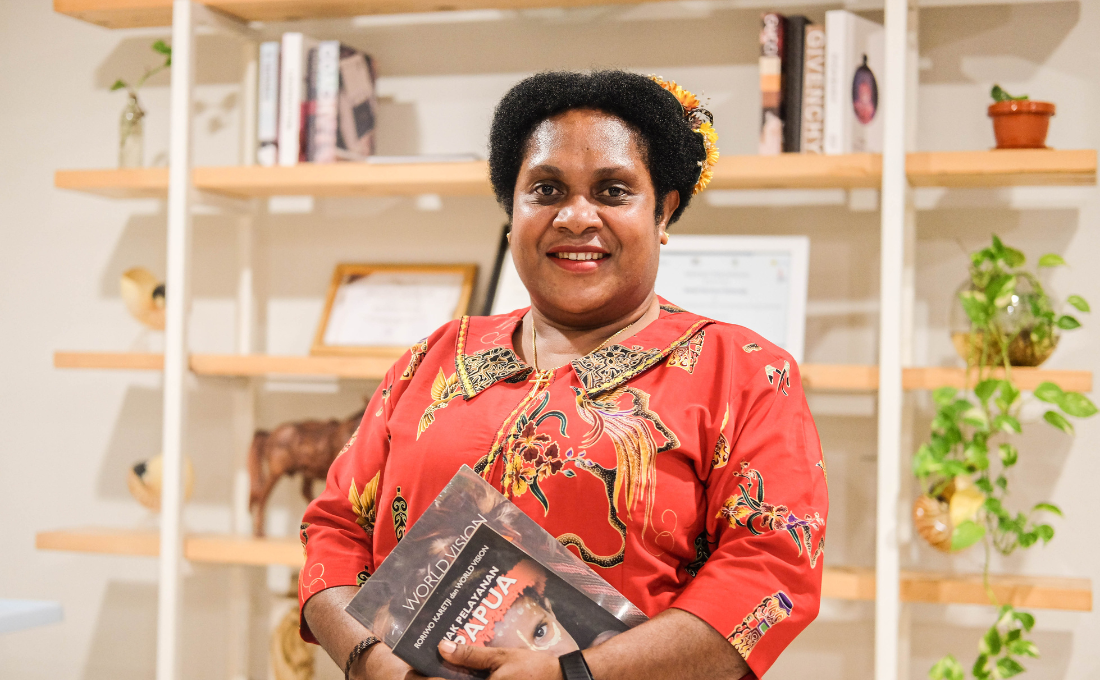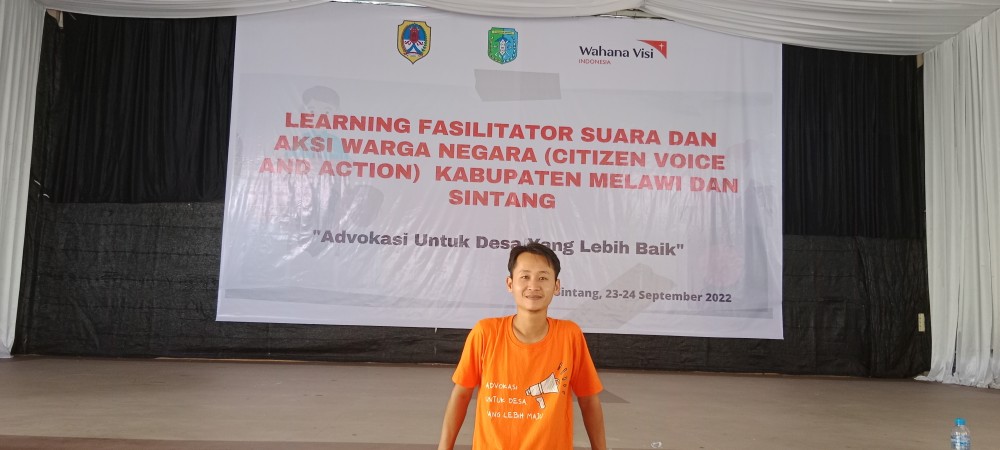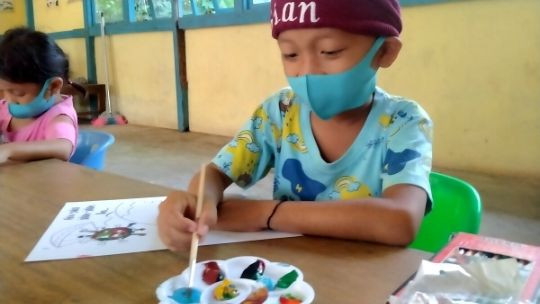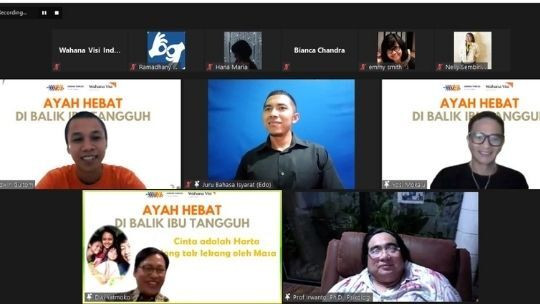Papuan Women who Accelerate Progress

From childhood, a girl has no access to her rights. A girl's future is set in stone. Especially if the child lives in the farthest villages where male dominance is strong. There is only one picture of the future for these girls: getting married, becoming a wife and then a mother. Her duties are mostly at home, especially the kitchen area. When parents have limited funds, they tend to choose to pay for boys' education because they feel it will bring more benefits to the family. Girls don't need to go to school because what's the point of a university degree when all they have to do is stay at home.
Gender inequality is not an issue that has gone away. It still happens, both in Indonesia and other countries. However, shifts are happening, especially when empowered women emerge. One of them is a former WVI child representative in Papua who is now recognised as the first Lannyjaya woman to earn a doctorate.
"My parents always encouraged me and my younger siblings who are girls to go to school as high as possible. One day, early in the morning, my father said, you have to go to school. I want you to be a doctor before I retire," Suryani says. And in Suryani's journey to pursue education to the highest level, WVI contributed.
In 1995, WVI (then still called World Vision Indonesia) implemented the Girl Child Project in one of the churches in Lannyjaya District, Papua. The project aimed to open up access and increase the participation of girls in the church. "I was in fifth grade when WVI came to our church. At that time, only girls were registered. From WVI, my sister and I received uniforms, books and school bags. This has really helped reduce the burden on our parents to send us to school," she said. The provision of school supplies is also a trigger so that every parent in the village begins to realise the importance of education for girls.
"Being a mountain woman is difficult. Surely parents will choose whether or not to send their children to school. Even if you go to school for what, you have to take care of the kitchen anyway. So it's better to give a boy a school. And I am grateful that at that time, WVI and my parents who thought differently, could make me who I am today. Because at that time, it was impossible for mountain people to have such thoughts for their daughters," said Suryani.
Through her current role as Head of the Lannyjaya District Investment and One-Stop Integrated Service Office, Suryani sets herself as an example of the importance of investing in women. She proves that when parents strive for the best in a daughter, she will later make a significant contribution to her neighbourhood.
"In the office, I like to meet with mothers who want to take care of permits, and then I like to tell them that I used to have a hard time going to school. You could say that I became a doctor because I sold betel nuts at home. So now I encourage mums that they must have full and balanced responsibility for the children that God has entrusted to them. God has arranged the future of each child, parents only need to encourage the children to continue to have enthusiasm," she said.
Suryani also shared her life experiences in women's groups at church and student groups. She motivates other women to continue to have hope and pursue it until they get it. As a woman, especially a Papuan woman living in the mountains, we often feel that we don't believe in our own potential. In fact, every woman, child or adult, is capable. Therefore, it is the duty of parents and women like Suryani to encourage them. "Parents must have the guts to encourage every girl even though they live in simplicity," Suryani said.
Angelina Theodora, national director of WVI is also passionate about girls' access and participation across Indonesia. Suryani's story has now become an example for other girls to continue pursuing their dreams and hopes, and for every parent to believe that even girls can change the future of many. "To date, there are still many girls and young women who do not get equal opportunities in education for various reasons including family economic limitations, child marriage, remote location of educational facilities, socio-cultural practices to issues of disability, and children with special needs. Gender equality for every girl and boy to access and participate in quality education is aligned with WVI's vision of a full and complete life for every child. Efforts to ensure that every child has equal opportunities also contribute to optimising human resources towards a Golden Indonesia 2045, and sustainable development for all Indonesians," said Angelina.
WVI's small steps in 1995 through the Girl Child Project, linked with the support of the sponsored children's parents at the time, have resulted in a change agent. Suryani is now living proof that engaging women is not a disadvantage. On the contrary, investing in women can accelerate progress.
Author: Mariana Kurniawati (Communication Executive)



